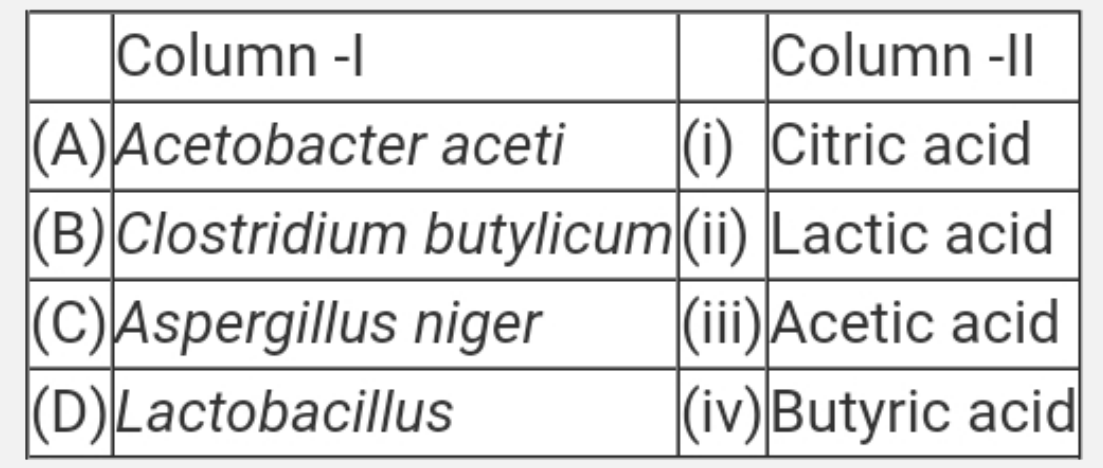All biological processes have molecular basis. Is it correct ?
Step-by-Step Solution:
1. Understanding the Statement: The statement in question is "All biological processes have a molecular basis." We need to determine if this statement is correct.
2. Defining Biological Processes: Biological processes refer to the various functions and activities that occur within living organisms, such as digestion, respiration, reproduction, and excretion.
3. Identifying Molecular Basis: The molecular basis refers to the fundamental molecules that are involved in these biological processes. Key molecules include DNA, proteins, lipids, and carbohydrates.
4. Role of DNA: DNA (deoxyribonucleic acid) is a crucial macromolecule that carries genetic information. It plays a significant role in the synthesis of proteins, which are essential for various biological functions.
5. Role of Proteins: Proteins are another type of macromolecule that perform a wide range of functions in biological processes, including acting as enzymes, hormones, and structural components of cells.
6. Conclusion: Since biological processes are fundamentally based on these molecules (DNA, proteins, etc.), we can conclude that the statement is indeed correct. Therefore, the answer is "Yes."
---
Topper's Solved these Questions
- CELL : THE UNIT OF LIFE BOOK - PRADEEPCHAPTER - CELL : THE UNIT OF LIFE EXERCISE - ADDITIONAL QUESTIONS (SHORT ANSWER QUESTIONS)
111 Videos
- CELL : THE UNIT OF LIFE BOOK - PRADEEPCHAPTER - CELL : THE UNIT OF LIFE EXERCISE - ADDITIONAL QUESTIONS (LONG ANSWER QUESTIONS )
66 Videos
- CELL : THE UNIT OF LIFE BOOK - PRADEEPCHAPTER - CELL : THE UNIT OF LIFE EXERCISE - NCERT EXERCISES WITH ANSWERS
14 Videos
- BREATHING AND EXCHANGE OF GASES BOOK - PRADEEPCHAPTER - BREATHING AND EXCHANGE OF GASES EXERCISE - NOTABLE QUESTIONS
1 Videos
- CELL CYCLE AND CELL DIVISION BOOK - PRADEEPCHAPTER - CELL CYCLE AND CELL DIVISION EXERCISE - Assertion-Reason type questions
18 Videos
Similar Questions
Knowledge Check
Of the following combinations of cell biological processes which one is associated with embryogenesis ?
AMitosis and MeiosisBMitosis and DifferentiationCMeiosis and DifferentiationDDifferentiation and ReprogrammingA biological process in which sugar is oxidised to release energy -
ATranspirationBRespirationCPhotosynthesisDFermentationSubstances that are broken down by biological processes are said to be biodegradable. This is due to
Ahigh pressure.Bhigh temperatureCconsumption by primary and secondary consumers.Denzyme action.
Molecular Basis of Inheritance
View SolutionSubstances that are not broken down by biological processes are said to be biodegradable .
View SolutionMatch column -I (microbes) to the column-II (biological products) and select the option having correct matching.

View SolutionName the two important biological processes in which air is essential.
View SolutionName the biological process that enables continuity of species.
View Solution
